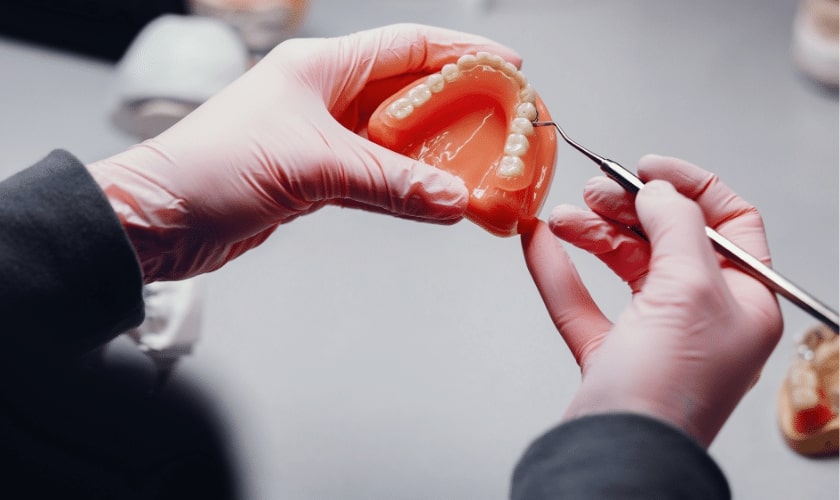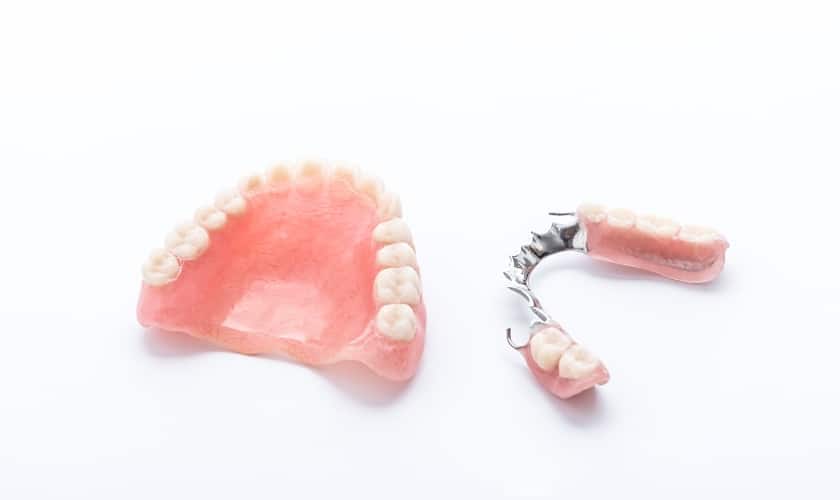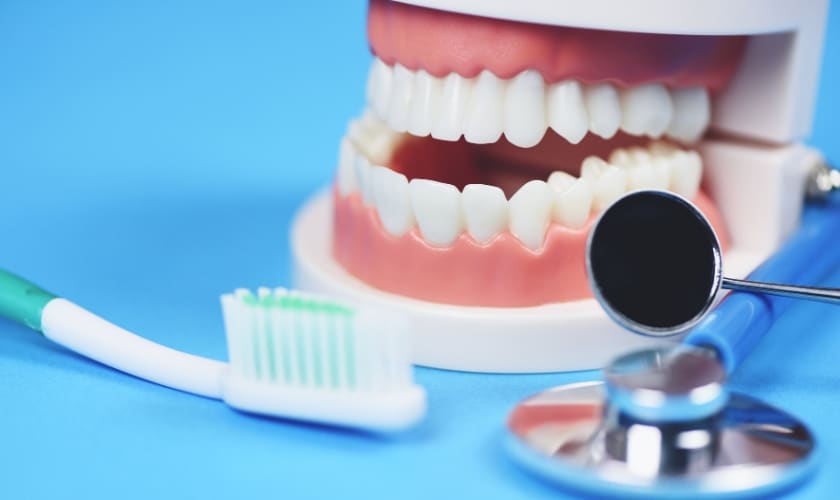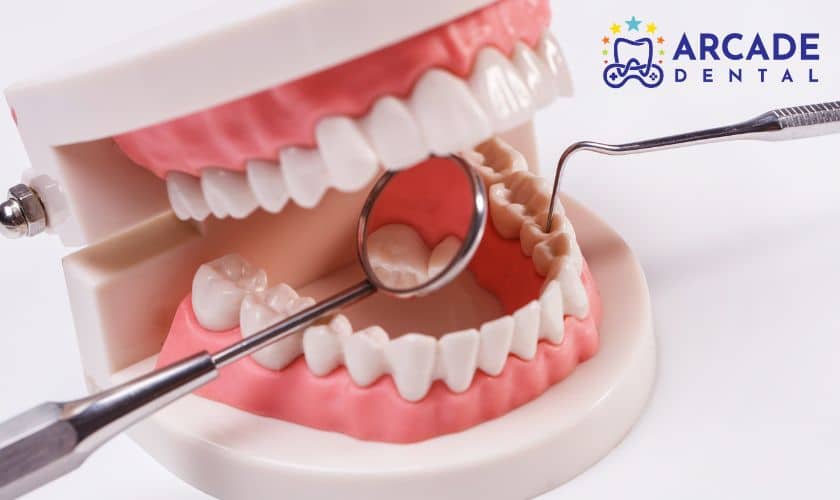
When it comes to dental care, maintaining a healthy and confident smile is crucial. However, tooth loss is a common issue faced by many individuals, affecting their appearance and overall quality of life. Dental dentures, also known as false teeth, have been a reliable solution for people dealing with missing teeth for decades.
In this article, we will explore the world of dental dentures, from their types and benefits to the process of getting them fitted, enabling you to make an informed decision about your dental health.
Understanding Dental Dentures
Dental dentures are prosthetic devices designed to replace missing teeth and surrounding tissues. They are custom-made to fit your mouth comfortably, providing the appearance and functionality of natural teeth. Dentures can be either partial, replacing a few missing teeth, or full, replacing an entire set of teeth on the upper or lower jaw.
Types of Dentures:
There are primarily two types of dental dentures:
- Conventional Dentures: Conventional dentures are created and placed after the remaining teeth have been removed, and the gums have healed. This process may take several weeks, during which the patient remains without teeth.
- Immediate Dentures: Immediate dentures, as the name suggests, are placed immediately after tooth extraction, allowing the patient to have teeth throughout the healing process. However, they may require adjustments as the gums and jawbone change shape during the healing period.
The Benefits of Dental Dentures
Dental dentures offer numerous advantages for individuals dealing with tooth loss:
- Restored Aesthetics: Dentures help restore your smile, enhancing your facial appearance and boosting self-confidence. They are customized to match the natural color and shape of your teeth, giving you a natural-looking smile.
- Improved Chewing and Speaking Abilities: Missing teeth can make eating and speaking challenging. Dentures enable efficient chewing of food and improve speech, ensuring you can communicate clearly and eat comfortably.
- Support for Facial Muscles: Tooth loss can lead to sagging facial muscles, giving an older appearance. Dentures provide support to facial muscles, helping you maintain a more youthful look.
- Affordable Dental Solution: Compared to some other dental restorations, dentures are a cost-effective option for replacing missing teeth, making them accessible to a wider range of individuals.
The Process of Getting Dentures
Initial Consultation
The first step to getting dentures is to schedule a consultation with a qualified dentist. During this visit, the dentist will examine your oral health, discuss your preferences, and determine the best type of dentures for your needs.
Taking Impressions
Precise impressions of your gums and any remaining teeth will be taken to create custom dentures that fit snugly in your mouth.
Fitting and Adjustments
Once your dentures are ready, your dentist will fit them into your mouth, making any necessary adjustments to ensure a comfortable and secure fit.
Post-Fitting Care
Your dentist will provide you with instructions on how to care for your dentures properly. Regular dental check-ups will also be recommended to maintain oral health and assess the condition of your dentures.
Caring for Dental Dentures
To prolong the lifespan and performance of your dentures, it’s essential to follow these care tips:
- Daily Cleaning: Clean your dentures daily with a soft brush and non-abrasive denture cleaner to remove food particles and plaque.
- Soaking Dentures Overnight: Soak your dentures in water or a denture-cleaning solution overnight to keep them moist and maintain their shape.
- Handle with Care: When cleaning your dentures, fill the sink with water or place a soft towel in the sink to avoid breakage if accidentally dropped.
Potential Challenges and Adjustments
Adjusting to new dentures may take some time, and you may experience:
- Initial Discomfort: It’s normal to experience some discomfort during the initial days of wearing dentures. However, your mouth will adapt over time.
- Minor Speech Changes: You might face minor speech changes while getting used to your dentures, but regular practice and speaking exercises can help improve speech clarity.
- Denture Adhesives: In some cases, denture adhesives might be necessary to enhance stability and improve denture retention.
Dental dentures have been a lifeline for countless individuals struggling with tooth loss, offering a reliable and aesthetically pleasing solution. By understanding the types, benefits, and care requirements of dentures, you can make an informed decision about restoring your smile and reclaiming your confidence.




